Choose a report:
➤
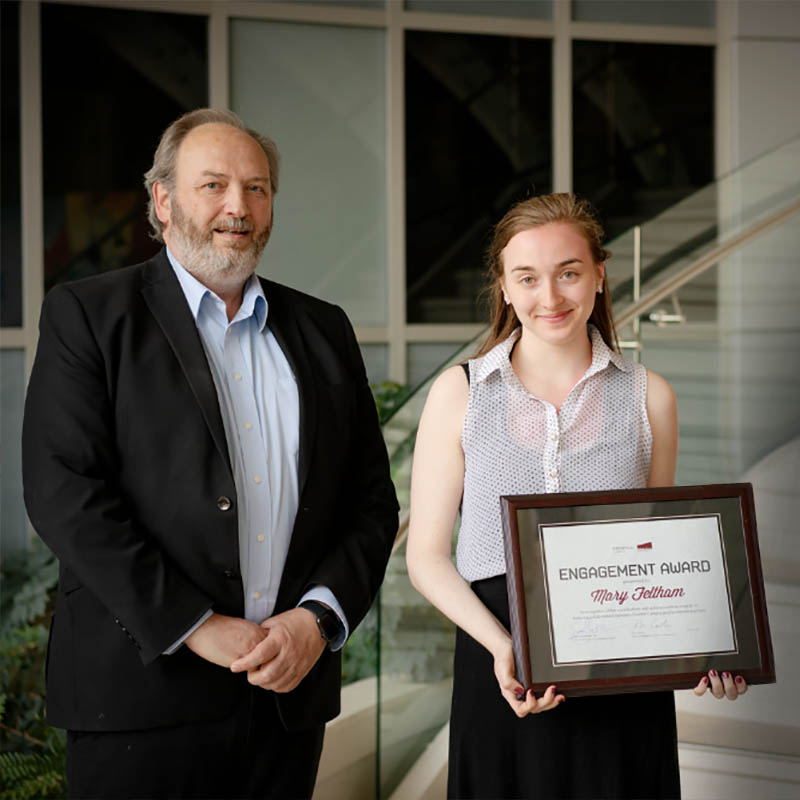
Office of Engagement
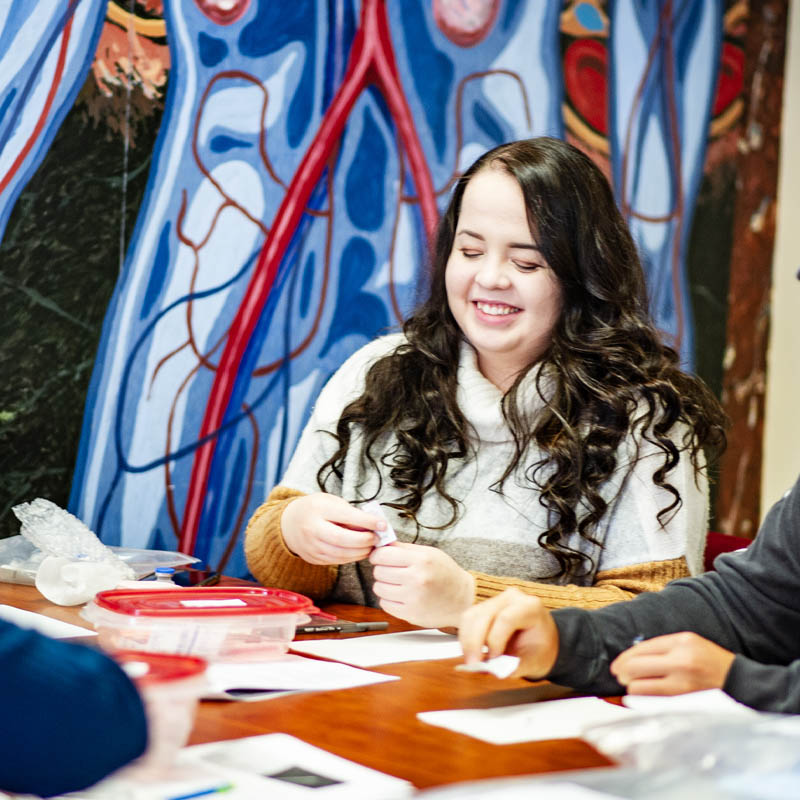
Community Engaged Research
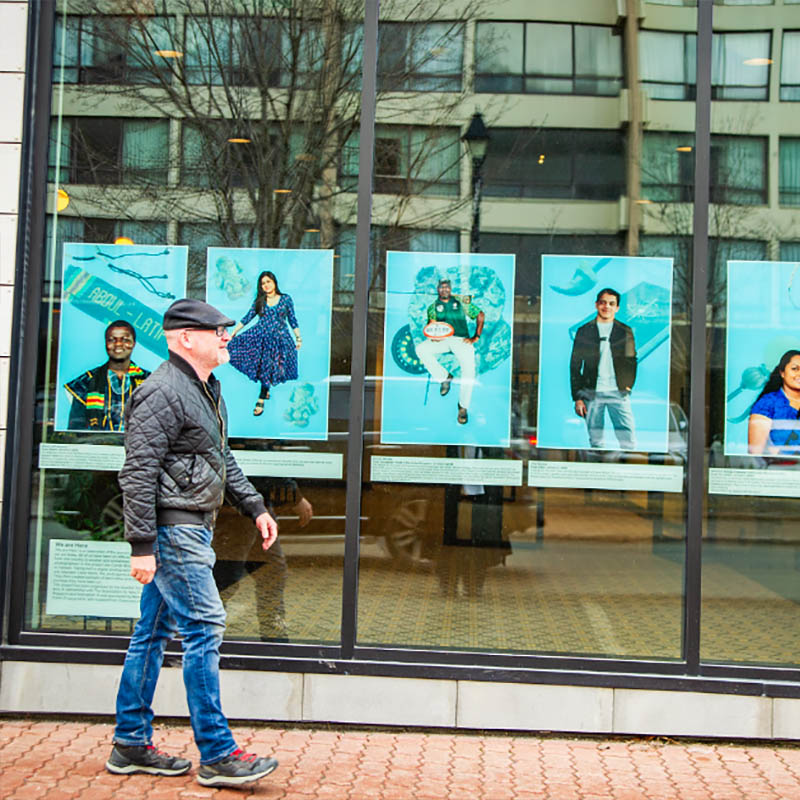
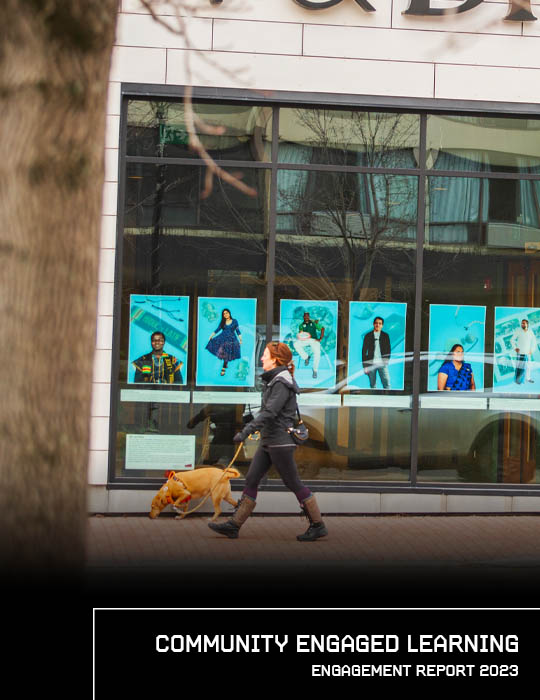
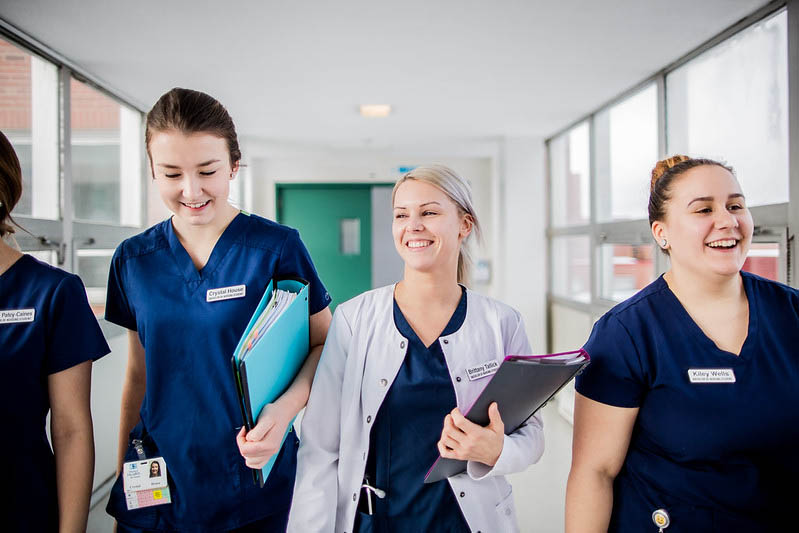
A third-year clinical course at Western Regional School of Nursing aims to forge connections in the community while giving nursing students skills in working with diverse community groups.
According to the Memorial University calendar, NURS 3500 Community Health: Practice "allows students to apply relevant theories and concepts of community health nursing" acquired in previous theory courses. "Throughout clinical experience, students implement a client-centered approach to empower individuals, families, groups or communities to improve health status".
"I think this is a great example of some of the collaborative efforts we do," said Nurse Educator Brenda Whyatt. "It's got a long-lasting positive impact for the groups we engage with."
"Each winter semester students are divided up into groups and then matched with community agencies both in the Corner Brook area and in areas such as Cartwright, Labrador with whom they connect remotely," said Nurse Educator Becky Newton. "It could be anything from the Corner Brook Women's Centre to the International Students Association at Grenfell Campus & a wide variety of community agencies."
Once the students are paired with a group, they work with the agency to determine priority health education and health promotion needs.
"The students do a comprehensive needs assessment with that group which includes a survey of group members, interview with the agency representatives, and a thorough review of related literature to find out what health education needs are of highest importance," said Ms. Newton.
The students then spend the semester doing research on that topic and developing a product for the organization or agency to address that health education need. Up to 26 community-based organizations have benefited from the nursing students' work every winter.
"It was great to learn the processes involved in determining health care needs of an agency," said nursing student Annabelle Morey. "I really enjoyed interacting with and presenting to the aggregate and getting their feedback on the final product that we presented to them. To know that our work could have a positive impact feels great."
Some examples of the projects completed include training materials for the Corner Brook Women's Centre, such as orientation manuals on STIs and an online app that helps international students find community-based health services they need.
"They're not just speaking for an hour at a presentation and then that's it & we like them to develop something that has a legacy so that it's not just a one-and-done sort of thing," said Ms. Newton. "It's great if they can provide something that that can be used year after year after year."
She said the great thing about the course is that the agencies benefit, the students gain valuable learning, and see that they're making a difference: "It develops their assessment skills, and provides a connection between them and the community."
Megan Tobin, who worked with an organization in Bay St. George, said she gained a better understanding of how important it is for community health nurses to engage with community members. Equally important is "involving community members in every step of the needs assessment to make sure their voices are heard throughout the process.
"It would be really nice to check back with the agency in a year or two to see if what we provided to them in the end really did help improve/maintain their health," she said.
To learn more about how your organization can avail of this opportunity, Brenda Whyatt at (709)784-5383.